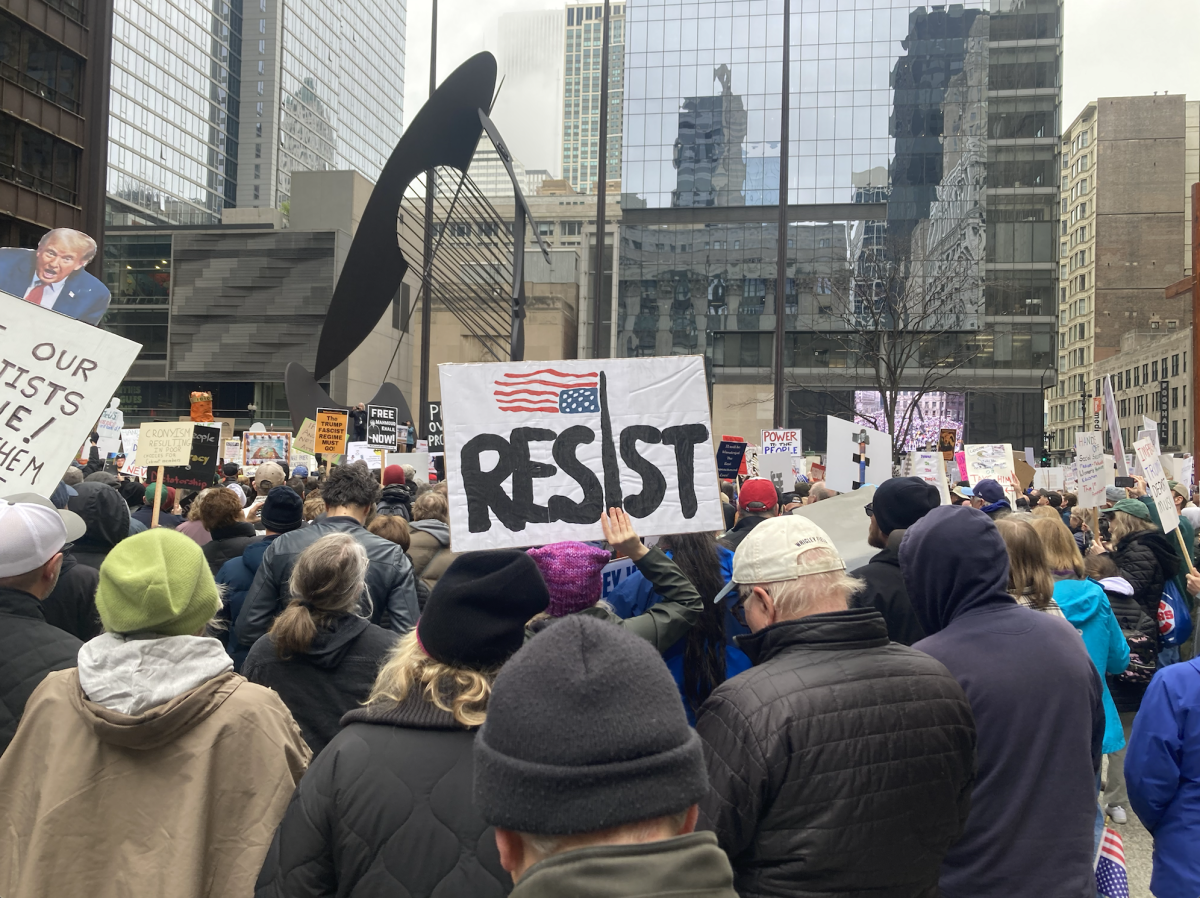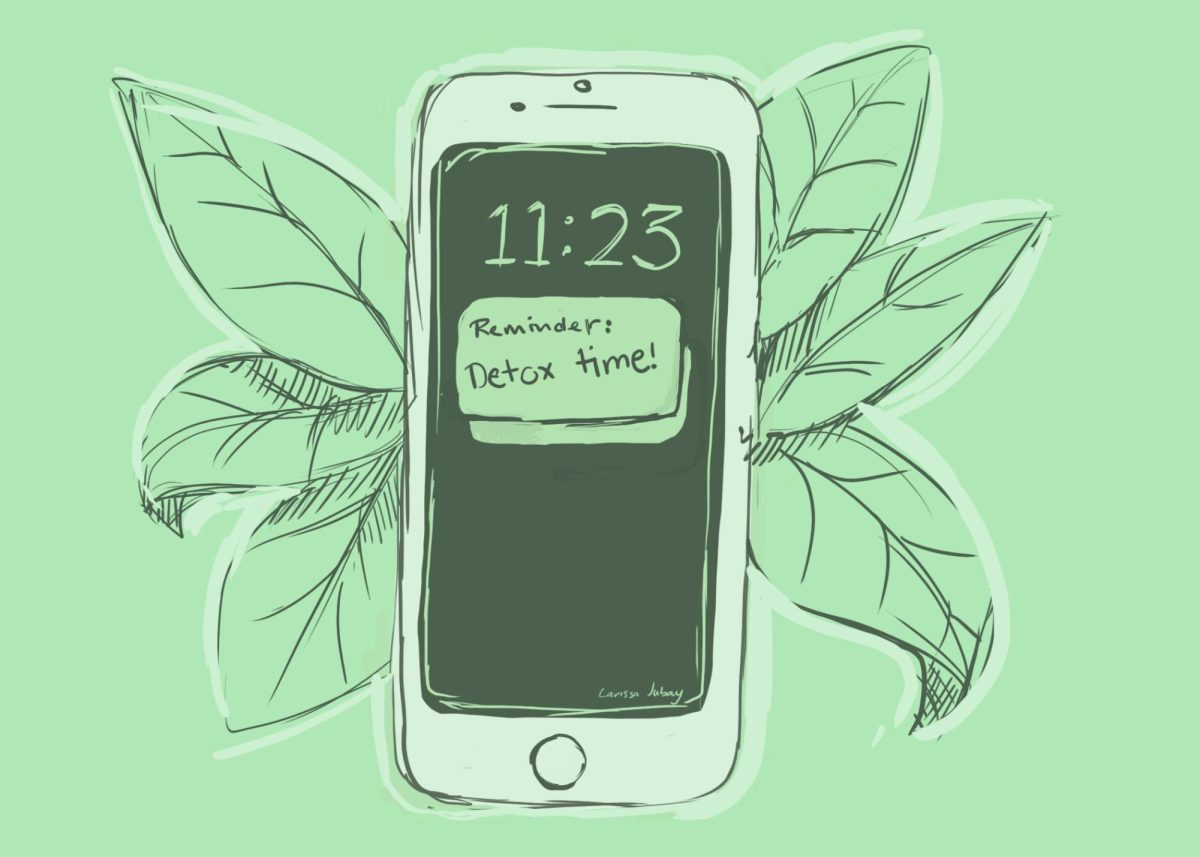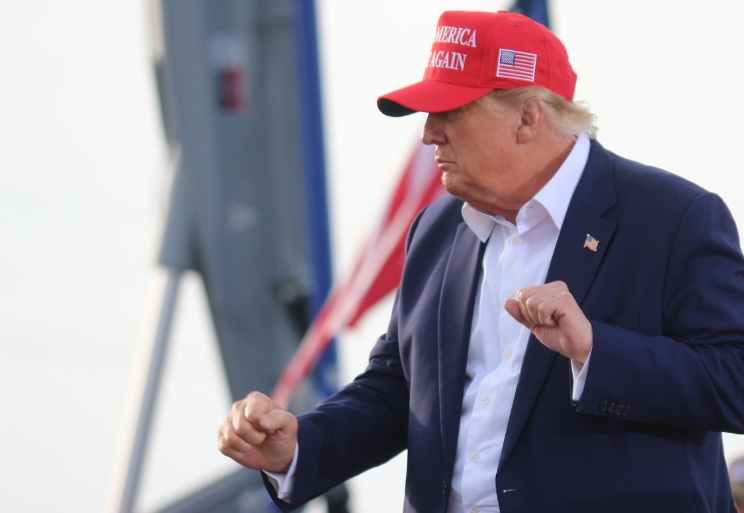“If I raped a girl, I could still get into college,” I heard as I walked through Brown Hall. It is 2018, and one of the top trending Twitter hashtags is “#MeToo.” Women are sharing their stories of encounters with predatory men captioned with two powerful words. The phrase was popularized in Oct. 2017 when model and actress Alyssa Milano encouraged women to retweet the phrase in order to “give people a sense of the magnitude of the problem [that sexual assault has become].” Twitter has recently confirmed that 1.7 million tweets from more than 85 countries have included the hashtag, and the number is rising. Within the past decade, sexual assault has become a less transparent issue with campaigns and movements making the news and our social media dashboards. Women and men all over America are speaking out about male entitlement in workplaces, high schools, homes, and even in the Oval Office. While millions around the world are sharing their stories, it leads us to ask how women should respond to phrases like, “boys will be boys,” “that’s just a little locker room banter,” or “I was just kidding; can’t women take a joke?”
In general, most men are respectful citizens who believe in equal treatment for everyone. Unfortunately, not everyone has gotten this message. Those who deliberately step over the line by assaulting women have a powerful example to follow: Donald Trump, President of the United States. It has become clear that Trump does not feel he should be judged for his conversation, as recorded on an “Access Hollywood” tape in 2005 in which he made lewd and inappropriate comments about women from, “I did try and fuck her. She was married,” to the infamous “Grab ‘em by the pussy.” Trump bragged about the impunity his status as a celebrity offered him to assault his victims. In fact, he incorrectly alleges that the tape is fake. Yet Billy Bush—whose voice can be heard on the tape—along with support staff who were on the bus, have confirmed its authenticity. Despite this, the president has repeatedly denied the authenticity of the recording, even though the public can watch the same, unaltered tape easily.
In addition to the “Access Hollywood” tape, 19 women have come forward with allegations against Trump, from photographer Kristin Anderson to Summer Zervos, a contestant on Trump’s show The Apprentice. Zervos’ case in particular can be viewed as a typical example of a Trump-related assault case. She alleges that in 2007 she was sexually assaulted by Trump in both his hotel room and in his office. Once her allegations came to light, however, the president conveniently forgot who she was, saying, “I vaguely remember Ms. Zervos as one of the many contestants on The Apprentice over the years.” It is interesting to imagine how well he will remember the other 18 pending assault cases against him.
But Trump is only one part of the problem. Alabama Republican and Former Chief Justice Roy Moore lost his recent Senate bid when stories surfaced regarding several incidents involving sexual activity with minors during the 1970s. Their ages ranged from 14-year-old Leigh Corfman to 28-year-old Tina Johnson. No repercussions nor indictments were made against Moore, though even Republican Senate Majority Leader Mitch McConnell said, “I believe the women.” Numerous other members of congress are facing similar accusations. If we don’t want our leaders to set this kind of example for our country, then we don’t want a man with so many sexual assault accusations leading our country. To have Trump impeached for such actions would be a presidential first; no presidents have been impeached because of their conduct before they were elected. American citizens have been leading a new movement, all by exposing immoral behavior from people who have made careers for themselves decades later, whether they are the President of the United States or the Former Chief Justice. Millions of people have followed in our footsteps, both through campaigning and with media. Worldwide, we’ve agreed. It’s time for a change.














